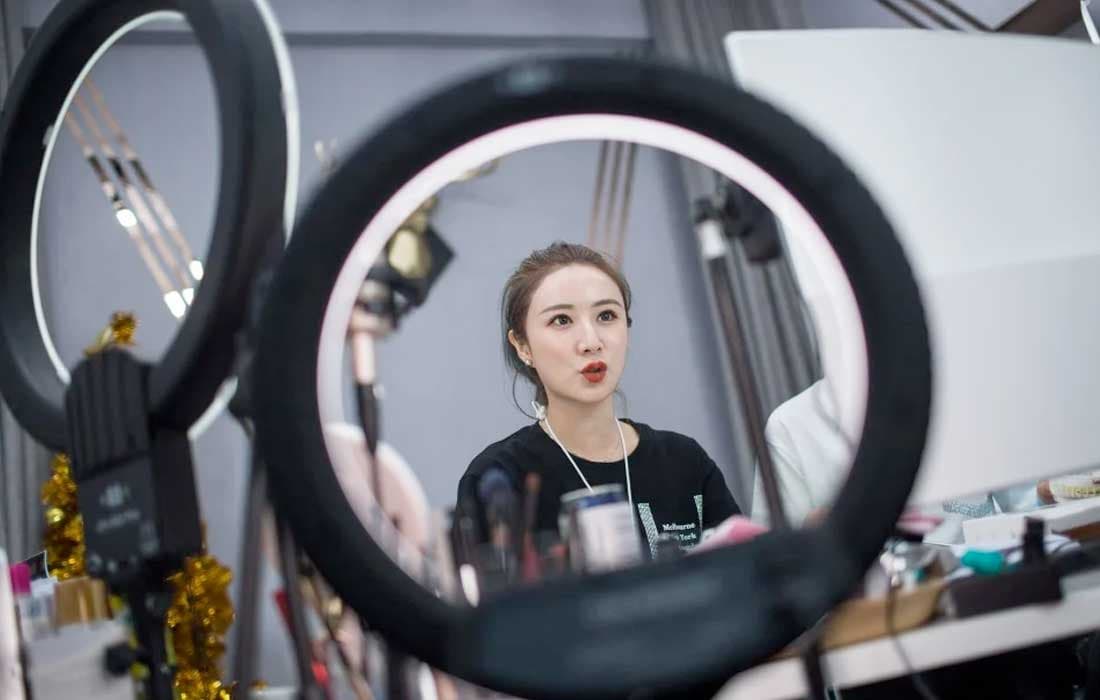China's New Online Rule: Degrees Mandated for Influencers in Sensitive Fields Amidst Censorship Debate

Beijing, China – China has implemented a new regulation requiring online influencers to possess official qualifications when discussing "sensitive" subjects such as finance, health, law, or education. The rule, which came into effect on October 25, has sparked a debate, with some viewing it as a necessary step to ensure authenticity and others condemning it as a form of censorship. Social media user Yishan encapsulated this dichotomy in a recent tweet, stating, "> People are “such censorship, so typical of communism” but really this is just “such valorization of educational attainment, so typical of chinese”_.
The new influencer law mandates that creators must provide proof of expertise, such as a degree or professional license, if they wish to post about regulated topics, as reported by Livemint. Platforms like Douyin, Bilibili, and Weibo are now responsible for verifying these credentials and ensuring that posts include proper citations and disclaimers. The Cyberspace Administration of China (CAC) asserts that the regulation aims to curb misinformation and protect the public from misleading advice, also banning advertising for certain medical products disguised as educational content.
However, critics argue that the vague definition of "expertise" grants authorities significant power, potentially stifling independent voices and narrowing public discourse. This move is seen by many as another layer of digital censorship, limiting who can participate in discussions on crucial societal issues. The debate highlights a global question of credibility in influencer-driven information, balancing the need for accurate information with concerns over free expression.
This latest regulation fits into a broader context of China's stringent censorship regime, which has significantly intensified under President Xi Jinping since 2012. The Chinese Communist Party (CCP) maintains extensive control over all forms of media, including the internet, to curtail political opposition and manage narratives. As of 2025, the World Press Freedom Index ranks China 178th out of 180 countries, underscoring the severe restrictions on information flow.
While some Chinese users reportedly welcome the law as a means to bring more credibility to online discussions, others fear it will further transform social media from a space of free exchange into one of state-controlled expertise. This ongoing tension between governmental control and the desire for open discourse continues to shape the digital landscape in China.